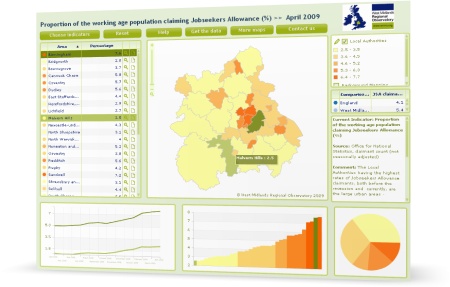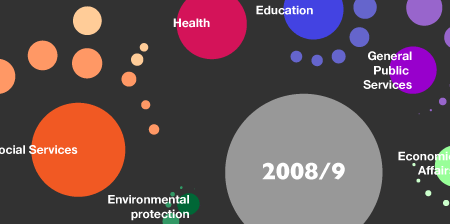Improving connections between local and regional evidence and policy will be crucial to the success of the forthcoming Regional Skills Strategy.
This was one message from delegates at yesterday’s dissemination event for the Observatory’s Regional Skills Assessment 2009.
A mix of Local Authority officers, higher education representatives and policy officers investigated how the extensive research undertaken by the Observatory can be used by local authorities and other organisations to plan major pieces of work such as Local Economic Assessments.
As the Skills Assessment will also inform work at regional level, including the forthcoming Regional Skills Strategy and Strategy for the West Midlands, the research can help forge links between the local and regional tiers of strategy and policy making.
Filed under: Economy & Labour Force, Events, Regional Data and Intelligence Network, Research, Skills, Warwickshire, West Midlands, West Midlands Regional Observatory | Tagged: evidence based policy, regional skills assessment, skills policy, skills research, West Midlands Regional Skills Partnership, West Midlands Regional Skills Strategy, WMRSA09 | Leave a comment »





 The
The 



 The 9th December 2009 saw the launch of a new website –
The 9th December 2009 saw the launch of a new website – 



